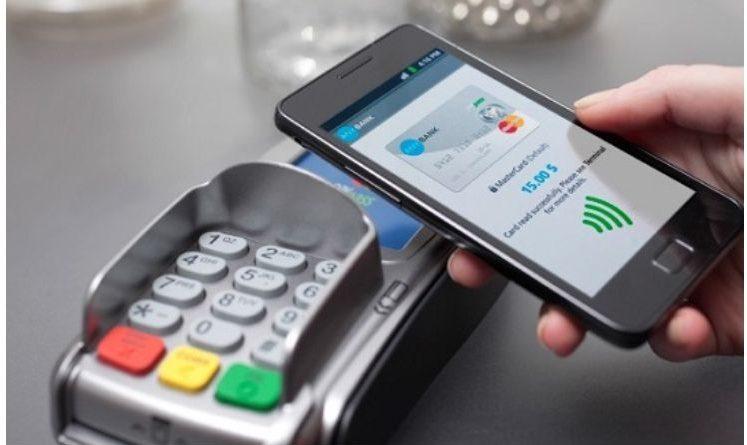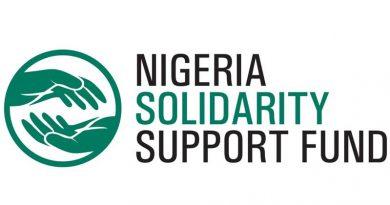Nigeria is behind South Africa and Kenya in B2B payment revolution
Nigeria trails South Africa and Kenya in the adoption of key B2B payment processes across Africa, such as speed of processing invoices and payment automation, according to a new report from Duplo, a business payment platform for African businesses of all sizes.
According to the Exploring the State of B2B Payments in Africa report, which includes the opinions of more than 1,200 professionals from Kenya, Nigeria, South Africa, and Ghana, electronic bank transfers are preferred by 49.1% of South Africans, who are followed by 48.5% of Nigerians, 34% of Ghanaians, and 31.9% of Kenyans. South Africa leads the way in this regard, followed by Nigeria (48.5%), Ghana (34%) and Kenya (31.9%).
Compared to Nigeria (79.9%), South Africa (71.69%), and Ghana (67.23%), Kenya leads the world in terms of payment automation, with 83.4 percent of Kenyans saying that their payment system is either semi-automated or fully automated. South Africa narrowly leads Nigeria in terms of how quickly invoices are processed, with 39.93 percent of respondents saying that this is usually the case, as opposed to Nigeria’s 39.74 percent.
The B2B payments market in Africa presents a huge but mostly unexploited opportunity. B2B payments’ complexity and higher transaction volumes are partially to blame for this. The World Bank estimates that $1.5 trillion of the global B2B payment opportunity belongs to the continent. Nevertheless, many companies struggle with significant payment delays and other problems with their payment procedures, which have a detrimental impact on their cash flow and limit their growth. Many of these difficulties have been lessened in recent years by digital payment methods, but there are still a number of problems to be solved in the effort to facilitate the transfer of funds between African firms.
For instance, security scored as the characteristic respondents valued the most when choosing B2B payment software, with 35.89% of respondents saying it was the most important feature overall. Security ranked first in each individual nation, including Kenya (39.9%), Ghana (36%) South Africa (35.6%) and Nigeria (32.2%), underscoring the value businesses place on protecting their customers’ financial information. Speed (12.9 percent), many payment alternatives (13.5 percent), functionality and simplicity of use (17.6 percent), and different payment methods follow, indicating a preference for flexible payment methods and speedy transactions. Pricing (11.5%) and scaling (8.2%%) are given less weight, indicating an emphasis on functionality and urgent needs.
The future of B2B payments in Africa is poised for rapid growth and innovation, heralding a new era of opportunities and expansion for the continent’s business environment, according to Yele Oyekola, CEO of Duplo.
There is a lot of potential to eliminate payment delays, improve cash flow, and spur business growth by automating accounts payable and receivable as well as other areas of the B2B payments process. A change in workplace dynamics is also implied by the rising adoption of digital solutions, which places finance professionals in a better position to benefit their firms.
We are looking forward to having a significant impact on how these potential are realised and how technological solutions are provided to promote corporate growth in Africa. Exploring the State of B2B Payments in Africa report is available to download for free on Duplo’s website



